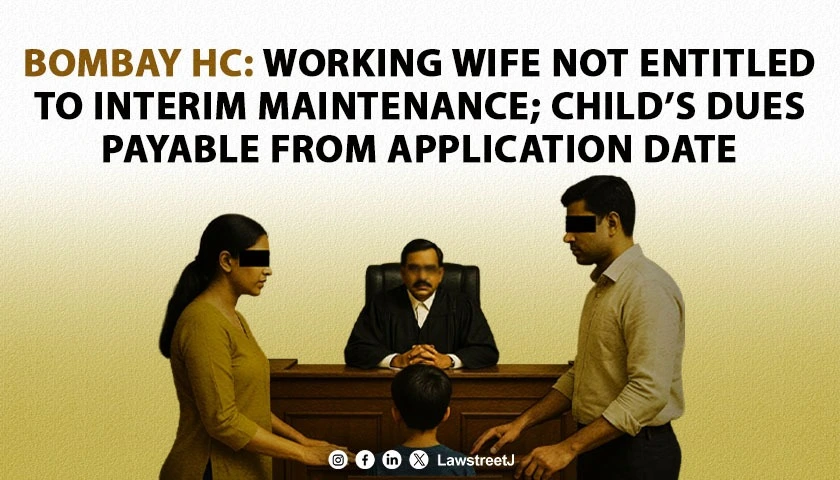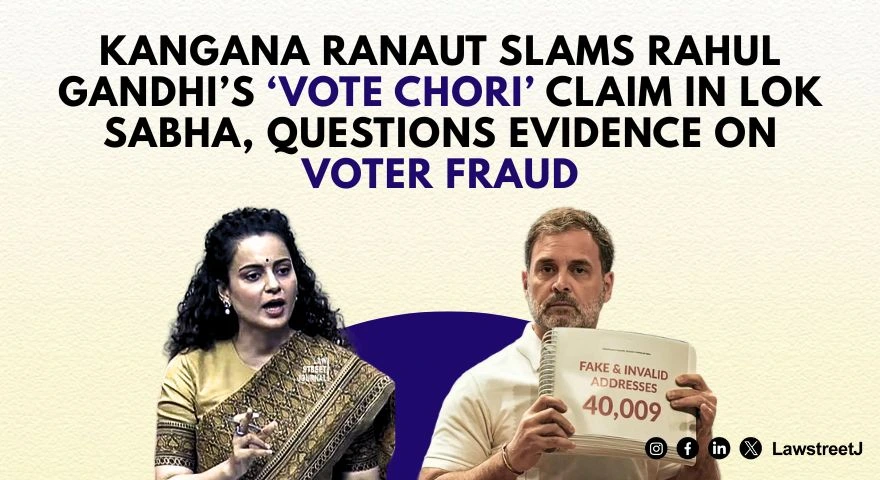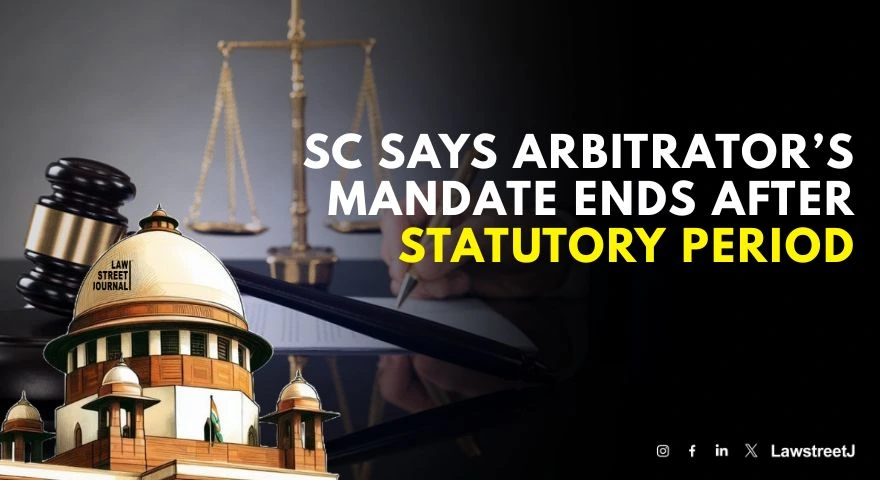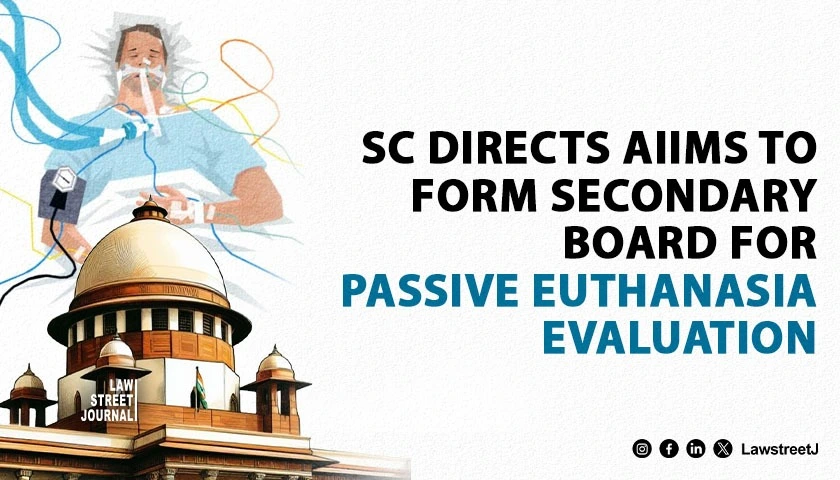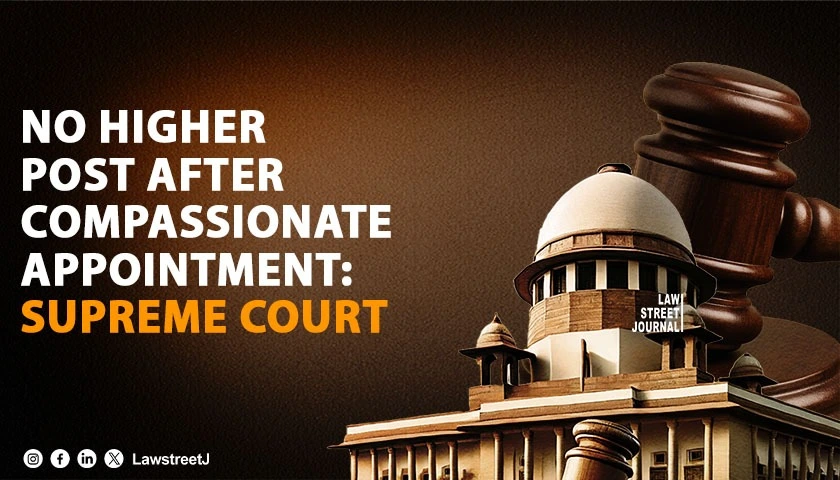NEW DELHI: The Supreme Court has on Friday said the practice of excommunication in Dawoodi Bohra community, which results in civil death of a banished person, has to be tested on touchstone of constitutional morality enshrined under the Constitution.
The top court also said the constitutional court ought not to tolerate anything which takes away the right and privilege of any person to live with dignity as the concept of constitutional morality does not permit the court to do so.
A five-judge Constitution bench headed by Justice Sanjay Kishan Kaul said the protection granted to the Dawoodi Bohra community by a five-judge Constitution bench decision in 1962 to excommunicate a member would require reconsideration by a larger nine-judge bench to be set up to consider issues arising out the Sabarimala judgement.
"This is an important and emergent issue as the right of the religious denomination to manage its own affairs in matters of religion is always subject to morality," the bench added.
The court noted that a person who is excommunicated by the community, will not be entitled to use the common property of the community and the burial/cremation grounds of the community.
"In a sense, such a person will virtually become untouchable (being banished or ostracized) within the community. In a given case, it will result in his civil death. Constitutional morality which overrides the freedom conferred by clause (b) of Article 26 (to manage religious affairs) will not permit the civil rights of excommunicated persons which originate from the dignity and liberty of human beings to be taken away," the bench said.
In its detailed judgement released on Saturday, the bench, also comprising Justice Sanjiv Khanna, Abhay S Oka, Vikram Nath and J K Maheshwari, said the conscience of our Constitution is constitutional morality.
"Hence, it is contended that excommunication or ostracisation is anathema to the concepts of liberty and equality. It is against the anti discriminatory ethos which forms a part of constitutional morality. Therefore, the constitutional Court ought not to tolerate anything which takes away the right and privilege of any person to live with dignity as the concept of Constitutional morality does not permit the Court to do so," the bench said.
The bench said the question whether the protection can be given by Article 26(b) to the practice of ex-communication is to be tested on the touchstone of the concept of constitutional morality as the said right is subject to morality.
The bench also said that the exercise of balancing the rights under Article 26(b) with other rights under Part III and in particular Article 21 was not undertaken by the Constitution Bench in the case of Sardar Syedna (1962), which had declared the Bombay Protection of Ex-communication Act, 1949 as void for being in clear violation of the right of the Dawoodi Bohra community.
The court also rejected a contention that nothing survived in the matter as 1949 Act has been repealed.
Even if the law has been repealed, the issue remained whether the power of the head of Dawoodi Bohra Community to ex-communicate its members is non-justiciable being protected under the umbrella of clause (b) of Article 26, the bench added.
In 1962, the top court had held that religious faith and tenets of the Dawoodi Bohra community gave its religious heads the power of excommunication as part of their management of religious affairs under Article 26(b) of the Constitution.
This verdict had come on a challenge to Section 3 of the Bombay Prevention of Excommunication Act of 1949.
It was contended before the court that after passage of the Maharashtra Protection of People from Social Boycott (Prevention, Prohibition and Redressal) Act of 2016, a remedy to all victims of social boycott had been provided and a complaint can be registered with the nearest magistrate, in case of apprehension of social boycott by a religious body.
On the contrary, it was also contended that a general law on social boycott would not be sufficient to protect members of the Bohra community facing excommunication.
The 2016 Act had identified 16 types of social ostracisation and made them illegal, punishing the perpetrators with imprisonment for upto three years.



